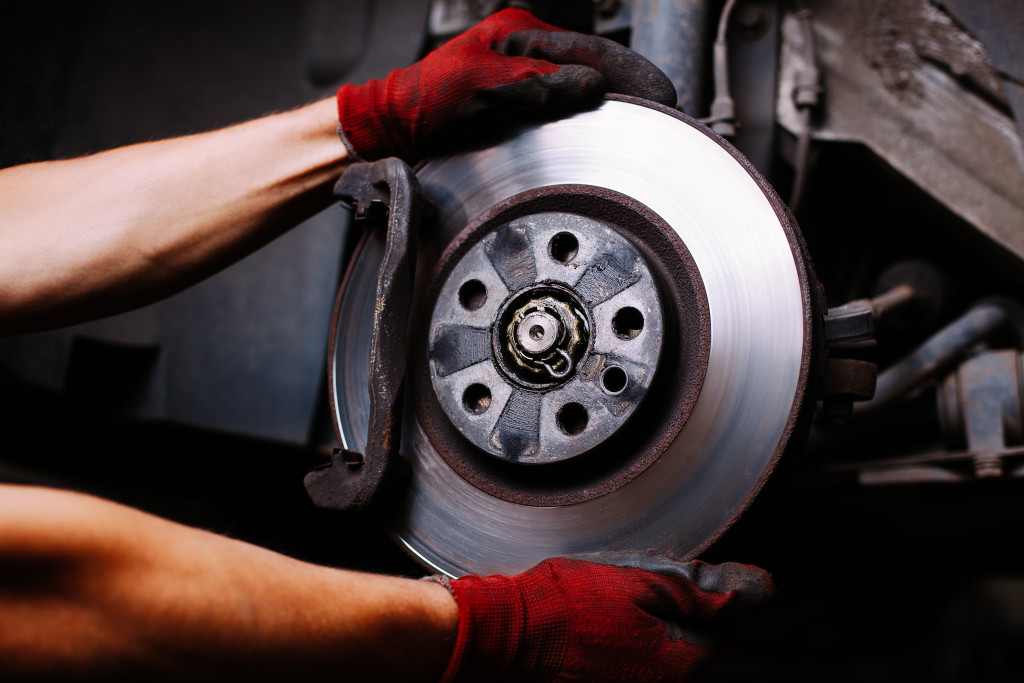Maintaining a car is not only important for the longevity of the vehicle but also for the safety of the driver and passengers. Proper car maintenance can be daunting, especially for those not mechanically inclined. However, with a few simple tips, even novice drivers can keep their cars in good condition.
This blog post will offer seven pro tips for maintaining a car. These tips are designed to help drivers prolong the life of their vehicle and avoid costly repairs.
1. Check the Engine Oil Regularly and Change It as Needed
While many car owners may know that it’s important to regularly check and change their engine oil, they may not know exactly why. Engine oil is necessary for your car’s engine to operate smoothly. It helps to lubricate the moving parts, preventing them from overheating and reducing friction.
Over time, engine oil breaks down and becomes less effective. This can cause serious damage to your engine, leading to expensive repairs. That’s why it’s important to check your engine oil regularly and change it as needed.
Most carmakers recommend changing your engine oil every 5,000 miles or so. However, it’s always best to consult your owner’s manual for specific recommendations.
2. Check Tire Pressure and Tread Depth Regularly
Many car accidents are caused by balding tires or low tire pressure. That’s why it’s essential to check your tires regularly and ensure that they are properly inflated.
Tire pressure should be checked at least once a month and before long trips. To check tire pressure, you will need a tire pressure gauge. These can be purchased at most auto parts stores.
To check the tread depth of your tires, you can use a penny. Simply place the coin in the tread groove, upside down, with Lincoln’s head. If you can see all of Lincoln’s head, then it’s time to replace your tires.
3. Inspect Your Brakes Regularly
Your brakes are one of the most important safety features of your car. That’s why it’s essential to inspect them regularly and make sure they are in good working condition. There are a few things you can do to inspect your brakes. First, check the brake pads. If they are less than ¼ inch thick, they need to be replaced.
You should also check the brake fluid level and condition. The fluid should be filled to the “Full” line on the reservoir and should be a clear or light amber color. If it is dark brown or black, it needs to be flushed and replaced.

4. Get Your Car Serviced Regularly
Even if you are diligent about maintaining your car, it’s still a good idea to take it in for regular service. During a service appointment, a mechanic will inspect your car and perform any necessary maintenance or repairs.
For example, your Subaru mechanics will check the engine oil, transmission fluid, brakes, and tires. They will also inspect the exterior and interior of the car for any signs of wear or tear.
5. Keep Your Car Clean
It’s important to keep your car clean, both inside and out. A dirty car can be a breeding ground for bacteria and other harmful organisms. These can cause serious health problems, especially for those with allergies or asthma.
A clean car also runs more efficiently. This is because a dirty engine has to work harder to generate the same amount of power. As a result, it burns more fuel and emits more pollutants.
6. Take Care of Your Windshield
Your windshield is an important safety feature, so it’s important to take care of it. First, never wash your windshield with soap and water. This can damage the glass and make it more susceptible to breakage.
Instead, use a glass cleaner and a soft, clean cloth. Be sure to clean the inside of the windshield as well. This will help you to see better and will make it easier for other drivers to see you.
7. Don’t Ignore Warning Lights
If a warning light comes on your car’s dash, don’t ignore it! These lights are there for a reason, and they usually indicate a serious problem.
For example, the “check engine” light could indicate a problem with the engine or emissions control system. The “low oil pressure” light could mean that there is not enough oil in the engine.
There you have it, seven pro tips for car maintenance. By following these tips, you can keep your car running smoothly and avoid expensive repairs. So, don’t wait; get started on your car maintenance today!

